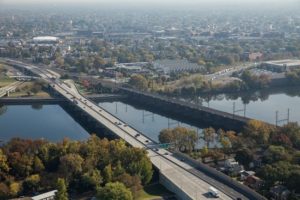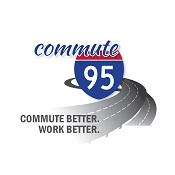
The Delaware River Joint Toll Bridge Commission (DRJTBC) has announced it will shift to temporary cashless toll collections 10:00 p.m. Tuesday, March 24 in response to the worsening coronavirus/COVID-19 pandemic.
Until further notice, tolls at the Commission’s seven cash/E-ZPass tolling points will be assessed electronically via E-ZPass or through toll notices sent to registered vehicle owners via U.S. Mail. (Note: Latest available statistics show more than 75 percent of transactions at Commission toll bridges are now collected through E-ZPass.)
The new toll-assessment process applies to the following seven toll bridges:
- Trenton-Morrisville (Route 1)
- New Hope-Lambertville (Route 202)
- I-78
- Easton-Phillipsburg (Route 22)
- Portland-Columbia (Routes 611, 46 & 94)
- Delaware Water Gap (I-80)
- Milford-Montague (Route 206)
(The Commission’s Scudder Falls [I-295] Toll Bridge is an all-electric toll facility and is not affected by this new temporary emergency process.)
The new emergency toll-collection process will eliminate exchanges of currency and change that could spread coronavirus among customers and Commission personnel.
There are no changes for E-ZPass customers; they are urged to proceed through lanes marked for E-ZPass as they do now.
Motorists who previously paid cash at Commission toll plazas will be directed to a single lane (far right) at each tolling point. While these lanes will have overhead signs reading “cash,” the respective toll booth will be closed with an accompanying placard stating “Cashless tolling in effect. Keep moving.” Motorists should move through these lanes at 5 to 15 MPH through these lanes without stopping.
In the absence of toll-both attendants, overhead equipment will record the passage of any vehicle without a functioning E-ZPass transponder. A bill for the transaction — for the toll only — will be prepared and mailed to the vehicle’s registered owner at a future date. (Since this is a new process, specific details about the wording of billing notices and issuance dates are still being worked out.)
Full details are posted at the Delaware River Joint Toll Bridge Commission site.





